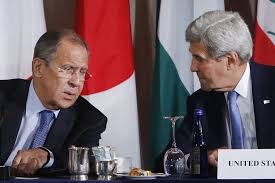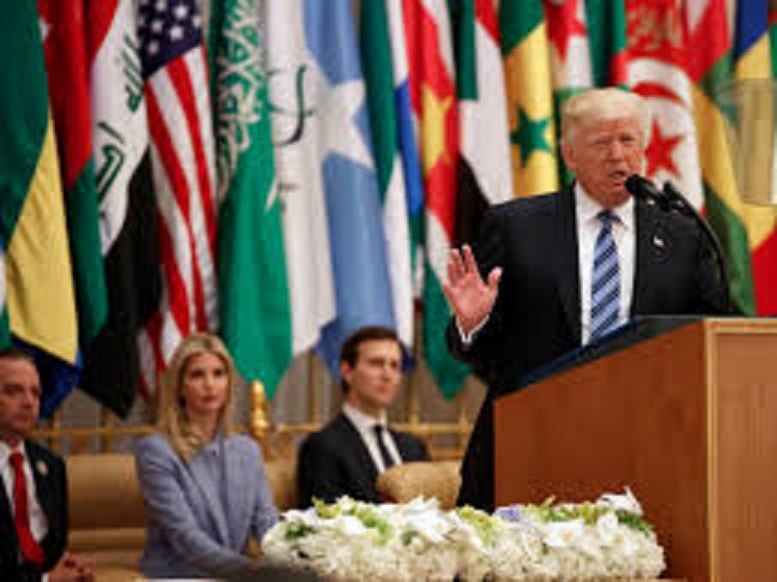The Syrian Crisis and the Tension in the US- Russia Relations

Amin Partow
Russia’s intensified air operations in Syria and especially its cooperation with the government forces in order to capture the eastern part of Aleppo, along with the failure of the ceasefire plan agreed between Moscow and Washington that each of the parties considered the other party as responsible for its failure, have marred the relations between Russia and the United States in an unprecedented way.
Russia’s firm will to conduct military operation in Syria, the attempt to bring the East Aleppo to surrender, harsh threat to act against any action on its forces in Syria, the way of selection of targets in military operations and refraining from putting pressure on Assad, leaves no doubt that Russia is seeking a military victory in Syria.
What is considered as “victory” by Russia and Putin would perhaps not be equal to Assad’s retain on power and it is possible that Russia would show more flexibility on this option.
The US believes that with the fall of eastern Aleppo, it would no more be possible to persuade the opponents to accept dialogue with Assad to accept a political transition process.
America and its allies still choose rhetoric to action vis-à-vis Russia but Russia chose to act instead of ratcheting up its rhetoric. For example Russia canceled an agreement with the US on reducing stocks of high-purity weapons-grade plutonium and deployed Iskander ballistic missiles in the Kaliningrad region.
The goal of Russia in the Syrian war is so flexible that it can ignore Assad provided that an honorable condition is created for Putin in the Russians public opinion based on the proposition that he has not lost out in Syria or he has been victorious.
What the US is seeking for, at least during the presence of Obama in the White House and until the next president starts its work is avoiding direct military action against Assad in Syria.
In the past few months Turkey has tried to enter a constructive engagement with Russia. Russia’s practical silent against “Dr al-Furat” operation by the Turkish army and the Free Syrian Army against the ISIS and Kurds, along with some Turkish positions, are some indications on this constructive interaction. However, Turkey still takes Assad’s stay in power as impossible and considers it as the only source of the continuance of civil war.
Kurds have shown that they do not obey the US and are willing to cooperate sincerely with Assad and Russia to expand their territorial control. They have not evacuated Manbij and have not retreated to the east of Euphrates. After the fall of Dabiq (popular apocalyptic city of ISIS) and the move of free army and the Turkish forces towards the south, Kurds seized the control of areas under ISIS in the west of “Tal Rifaat”.
Israel has requested a new coordination with Russia on military operation in Syria. The New York Times wrote that Israel has understood that when the US is neglecting the Middle East, Russia is the new sheriff of the region.
The US is not seeking to overthrow Assad fast because integration in Syria will be very difficult with the abrupt collapse of Assad’s power and this would leave only a new Iraq or Afghanistan.



